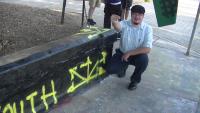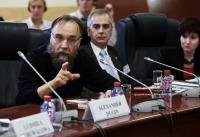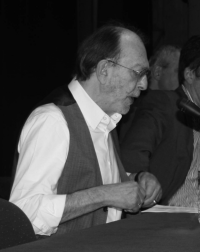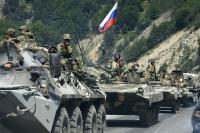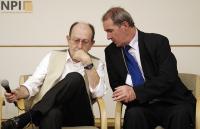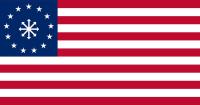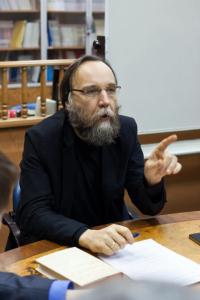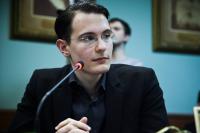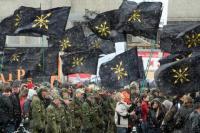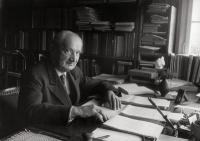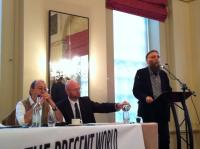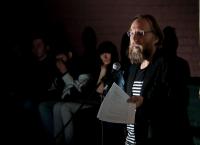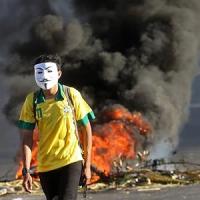It’s Not About Dugin
Whatever you think of Dugin, he’s largely beside the point. What’s happening is far greater than Dugin, and it’s far too great for any one man, even a man as ambitious and capable as Dugin, to master. Much the same way that Thomas Edison deserves credit for inventing the light bulb after having laboriously tested hundreds of filaments on his way to the right material, Alexander Dugin deserves credit for inventing the phenomenon of Tradition as a global ideology in opposition to the Western elites. He clouds his works up with hundreds upon hundreds of other ideas, many of which are useless or irrelevant for ourselves, but this one idea of his is the defining idea which will define the geopolitics of the coming century.

